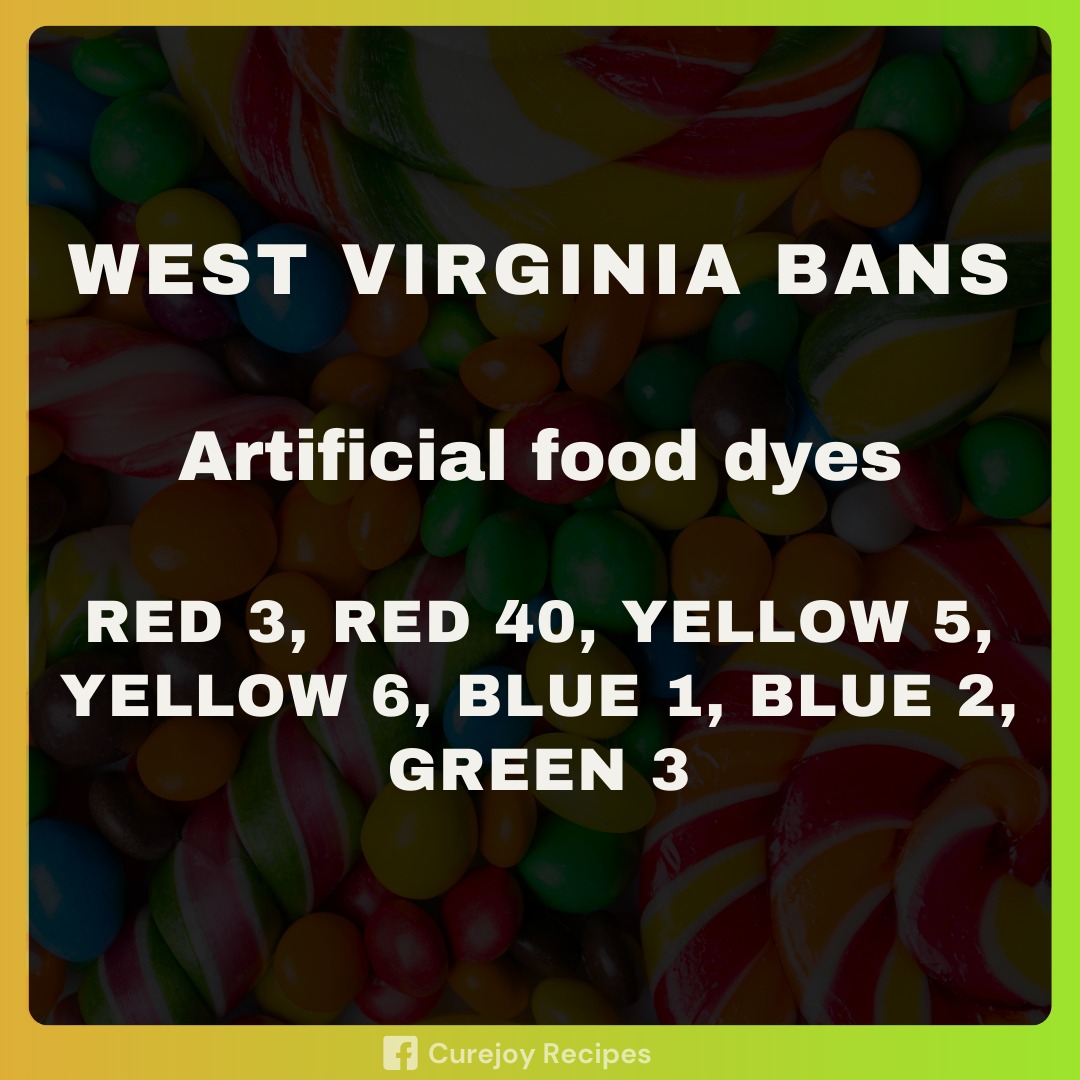West Virginia Bans: Understanding the Landscape
West Virginia, like many states, has seen its fair share of legislative activity resulting in bans on various items, activities, and even certain types of content. These bans often spark debate and raise important questions about individual rights, public safety, and government overreach. Let’s dive into some of the notable bans in West Virginia and explore the reasoning behind them.

Exploring Specific Bans in West Virginia
Bans Related to Public Safety
Many West Virginia bans center around ensuring public safety. These restrictions are often designed to prevent accidents, reduce crime, and protect vulnerable populations.

- Certain Fireworks: While West Virginia allows the sale and use of many types of fireworks, certain particularly dangerous or disruptive fireworks, like those that explode or leave the ground, are often prohibited. The aim is to reduce fire hazards and noise pollution.
- Texting While Driving: To curb distracted driving and improve road safety, West Virginia has banned texting while driving. This law aims to prevent accidents caused by drivers taking their eyes off the road to read or send messages.
Bans Related to Wildlife and Environment
Conservation is a key concern, leading to bans designed to protect West Virginia’s diverse wildlife and preserve its natural environment.

- Certain Hunting Practices: West Virginia regulates hunting heavily to ensure sustainable wildlife populations. Bans may be in place on certain hunting methods, seasons, or species, depending on conservation needs. For example, specific restrictions might apply to hunting during breeding seasons. Check the West Virginia Division of Natural Resources for the most up-to-date regulations.
- Use of Certain Pesticides: To protect pollinators and the environment, restrictions or bans may exist on the use of certain pesticides known to be harmful. These measures help maintain healthy ecosystems and protect biodiversity.
Bans Related to Alcohol and Controlled Substances
West Virginia regulates alcohol and controlled substances to promote public health and safety. These regulations can take the form of outright bans or strict controls on availability and use.

- Sale of Alcohol to Minors: Like all states, West Virginia prohibits the sale of alcohol to individuals under the age of 21. This is a federal law enforced at the state level to prevent underage drinking and its associated harms.
- Certain Synthetic Drugs: West Virginia actively bans synthetic drugs that mimic the effects of illegal substances. These bans aim to prevent the distribution and use of dangerous and unregulated substances, safeguarding public health.
Navigating West Virginia’s Legal Landscape
Staying Informed
It’s crucial to stay informed about current and proposed bans in West Virginia. Laws and regulations change, so reliable sources are essential.

- Official Government Websites: Consult the West Virginia Legislature’s website and the websites of relevant state agencies for the most up-to-date information on legislation and regulations.
- Reputable News Sources: Follow reputable news organizations that cover West Virginia politics and legal developments.
Understanding the Impact of Bans
Bans can have far-reaching consequences, affecting individuals, businesses, and communities. Understanding these impacts is essential for informed decision-making.

- Economic Impacts: Bans can affect businesses that sell or use the prohibited items.
- Social Impacts: Bans can raise questions about individual liberties and personal choices.
- Environmental Impacts: Bans can contribute to environmental protection and conservation.
Conclusion: Staying Engaged and Informed
West Virginia’s landscape of bans is dynamic and multifaceted. By staying informed, engaging in constructive dialogue, and understanding the rationale behind these regulations, you can contribute to a more informed and responsible society. Remember to always consult official sources for the most up-to-date information. Consider getting involved in local government to have your voice heard on these important issues.
